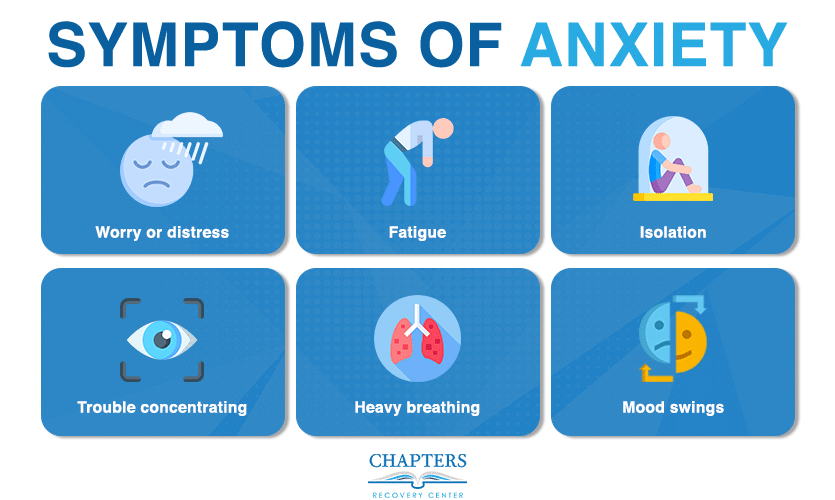Cocaine as a Coping Mechanism: Understanding the Risk
In the search for relief from the relentless pressures of life, some individuals turn to substances for comfort. Cocaine, often glamorized for its short-term euphoric effects, is one such substance that is misleadingly positioned as a quick escape. This blog post sheds light on “Cocaine as a Coping Mechanism” and unpacks the stark reality behind this dangerous practice.
While it may offer a momentary uplift from stress, trauma, or mental health disorders, cocaine is a treacherous slope that can quickly lead to addiction and a multitude of health issues. The brief euphoria masks a complex web of long-term consequences, making it a counterfeit solution to underlying problems. By understanding the full spectrum of risks associated with using cocaine to cope, we can begin to address the root causes of dependency and guide those affected towards sustainable, healthy coping strategies. Join us as we explore the deceptive allure of cocaine, its impact on mental health, and the true cost of this risky coping method.
With an informed perspective, we aim to empower individuals to make choices that promote true healing and long-lasting recovery. It’s crucial to recognize the signs and seek help early, and that’s where we step in—offering support and guidance for those ready to break free from cocaine’s grip.
The Slippery Slope: From First High to Habit
First-time cocaine users often don’t see addiction coming. A single experiment can lead to regular use. But why? It’s a mix of factors. Stressful environments, personal struggles, and even our genes can make us vulnerable. A study in Neuropsychopharmacology explains this mix. It says our surroundings and biology could set the stage for addiction.
Risk Factors of Using Cocaine for Coping
Cocaine use starts for many reasons. Fun. Curiosity. Peer pressure. But some people have a higher risk of getting hooked. Genetics can be one reason. So can life pressures. When cocaine becomes a crutch for tough times, the danger of addiction rises.
When Partying Becomes a Problem
Repeated use changes the game. The brain starts to expect cocaine for pleasure. This need can grow into a physical and mental dependency. The line between “sometimes” and “all the time” gets blurred. Cutting-edge therapies are emerging to combat this. They’re exploring vaccines for cocaine and other innovative approaches.
Gene Expression: Rewriting the Brain’s Rules
Cocaine does more than create a high. It tweaks our brain’s inner workings at the gene level. The National Institutes of Health found that cocaine modifies the structure around our DNA, leading to lasting changes. These changes affect how we feel pleasure and reward.
Epigenetics: Beyond the DNA Sequence
It’s not just about the genes we’re born with. Cocaine can alter how these genes work. This process, called epigenetics, is complex. Cocaine’s influence on these non-genetic factors can make quitting tough. It’s like the brain gets new instructions for addiction.
Breaking Down the Brain’s Cocaine Conundrum
Why is quitting hard? Cocaine rewires the reward center in our brains, the nucleus accumbens. This area controls how we experience joy. After repeated cocaine use, our brain’s wiring for joy gets tangled. This is why the initial choice to use cocaine can lead to an addiction that’s hard to shake.
Self-Check Quiz: Am I Using Cocaine to Cope?
- Why did I first try cocaine?
- To fit in with others
- Out of curiosity
- To feel better or escape problems
- How often do I use cocaine?
- Occasionally at parties
- Regularly, throughout the week
- Whenever I feel stressed or down
- What feelings do I experience when I think about cocaine?
- Indifference
- Anticipation for the next high
- A need to use it to get through tough times
- Have I tried to stop or reduce my cocaine use?
- No, I haven’t felt the need to
- Yes, but I haven’t been successful
- Yes, and I’m actively seeking alternatives
- Do I experience withdrawal symptoms without cocaine?
- I’m not sure
- Yes, I feel physical and emotional discomfort
- No, I can go without it easily
- Has my cocaine use affected my relationships or job performance?
- No impact
- Some negative consequences
- Significant disruption to my life
- Do I hide my cocaine use from others?
- No, I’m open about it when it comes up
- Sometimes, when I think it’ll be frowned upon
- Yes, I often use it in secret
- Has someone expressed concern about my cocaine use?
- Not that I recall
- Once or twice
- Yes, I’ve heard concerns multiple times
Understanding Your Quiz Results: Next Steps
Reflecting on your quiz answers can provide valuable insights into your relationship with cocaine. If you’re leaning on cocaine to manage stress, confront challenges, or alleviate emotional pain, it’s crucial to recognize this pattern. Coping with substance use can lead to more profound issues and isn’t a sustainable or healthy long-term strategy.
At Chapters Recovery Center, we understand the complexities of substance use and are dedicated to providing compassionate care and comprehensive treatment options. If you see yourself in the quiz responses, we urge you to reach out. Taking this brave step towards recovery can lead you to a life of true fulfillment and well-being without dependence on substances. Our team is ready to support you with the resources and care you need to reclaim your life.
Contact Chapters Recovery Center to learn more about how we can help guide you on the path to recovery.








